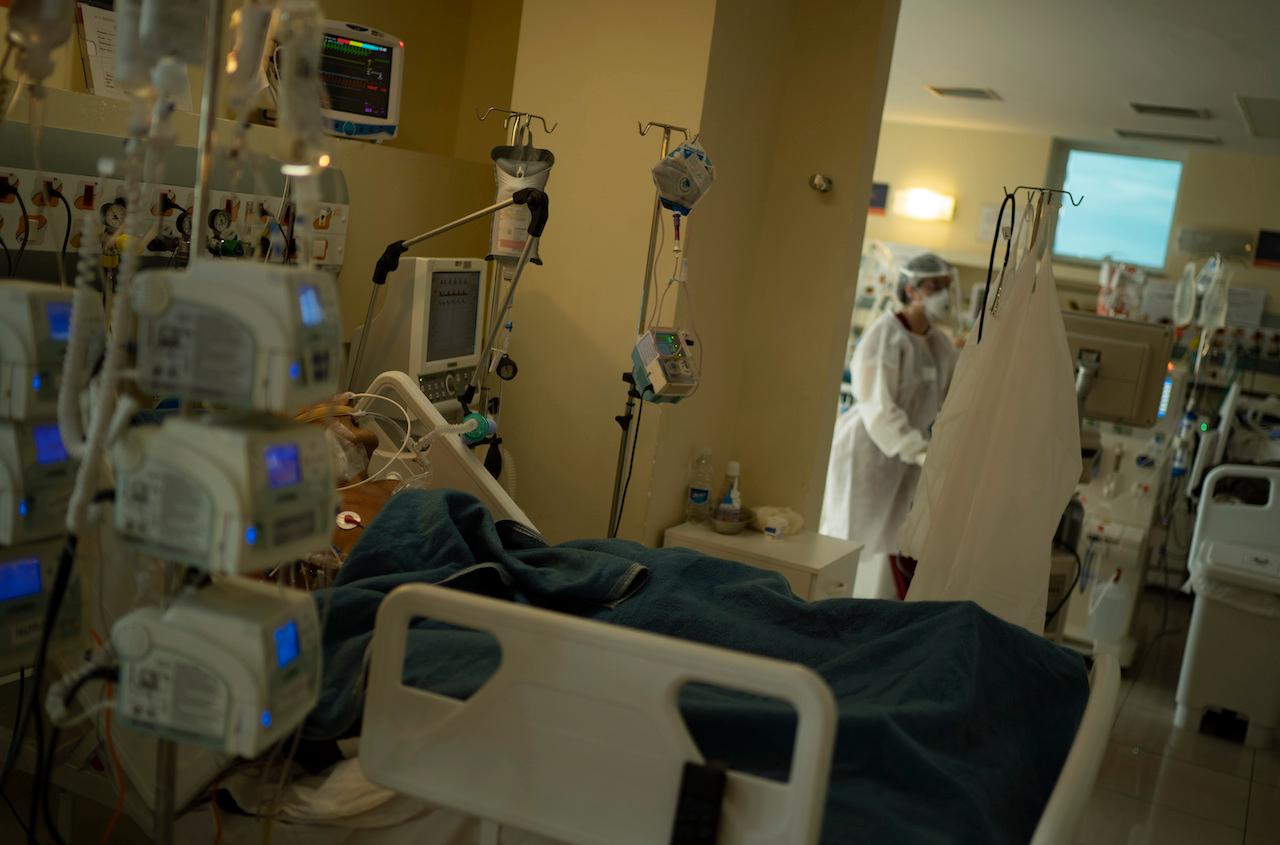No date for Brazil’s national inoculations to begin but Sao Paulo state forges ahead alone
The state government has bought the Chinese vaccine independently, angering President Jair Bolsonaro.
Just In
Brazil’s Sao Paulo state has delayed the release of efficacy data for the Covid-19 vaccine developed by China’s Sinovac but kept the planned roll out date for Jan 25, reports Reuters.
Governor Joao Doria said in a radio interview the data would be released on Dec 23, eight days later than planned, to allow for a larger sample size and more complete analysis.
Joao Gabbardo, head of Sao Paulo’s Covid-19 response, said the delay would allow the efficacy analysis to include data from a sample including 151 infected people, making it a definitive rather than a preliminary report.
Sao Paulo has sourced the Chinese vaccine independently of the federal government, angering President Jair Bolsonaro, who has yet to set a date for a national immunisation campaign.
On Sunday, Supreme Court justice Ricardo Lewandowski ordered the federal health ministry to clarify within 48 hours when the federal government plans to begin public vaccinations.
Although Brazil has an enviable record for national vaccinations and a public health system well set up for such campaigns, Bolsonaro has repeatedly denied the seriousness of Covid-19 and is a vaccine sceptic who has said he will not accept a Covid-19 shot himself.
Doria’s public pressure has also irritated health regulator Anvisa, which is increasingly run by Bolsonaro allies.
Last week Sao Paulo’s biomedical centre, the Butantan Institute, began producing the Sinovac vaccine in a process that will have a capacity of one million doses a day.
Despite not having federal approval for the vaccine at a time when the world is scrambling for shots, Sao Paulo’s progress is drawing interest from governors of states across Brazil and countries across Latin America.
Subscribe to our newsletter
To be updated with all the latest news and analyses daily.
